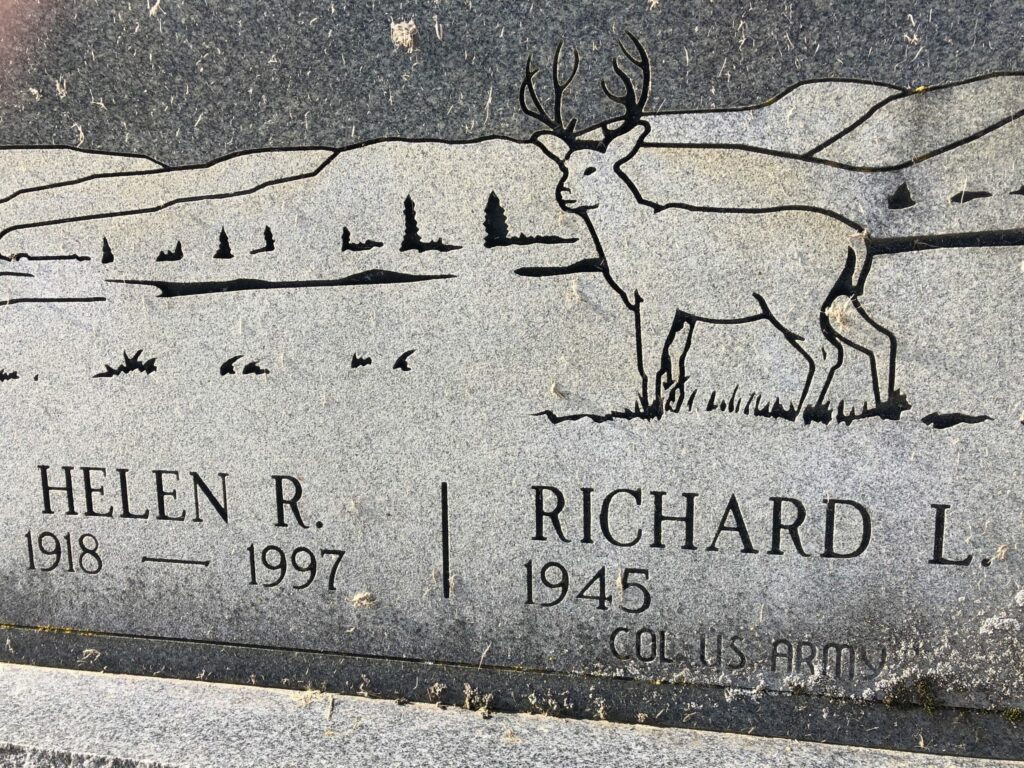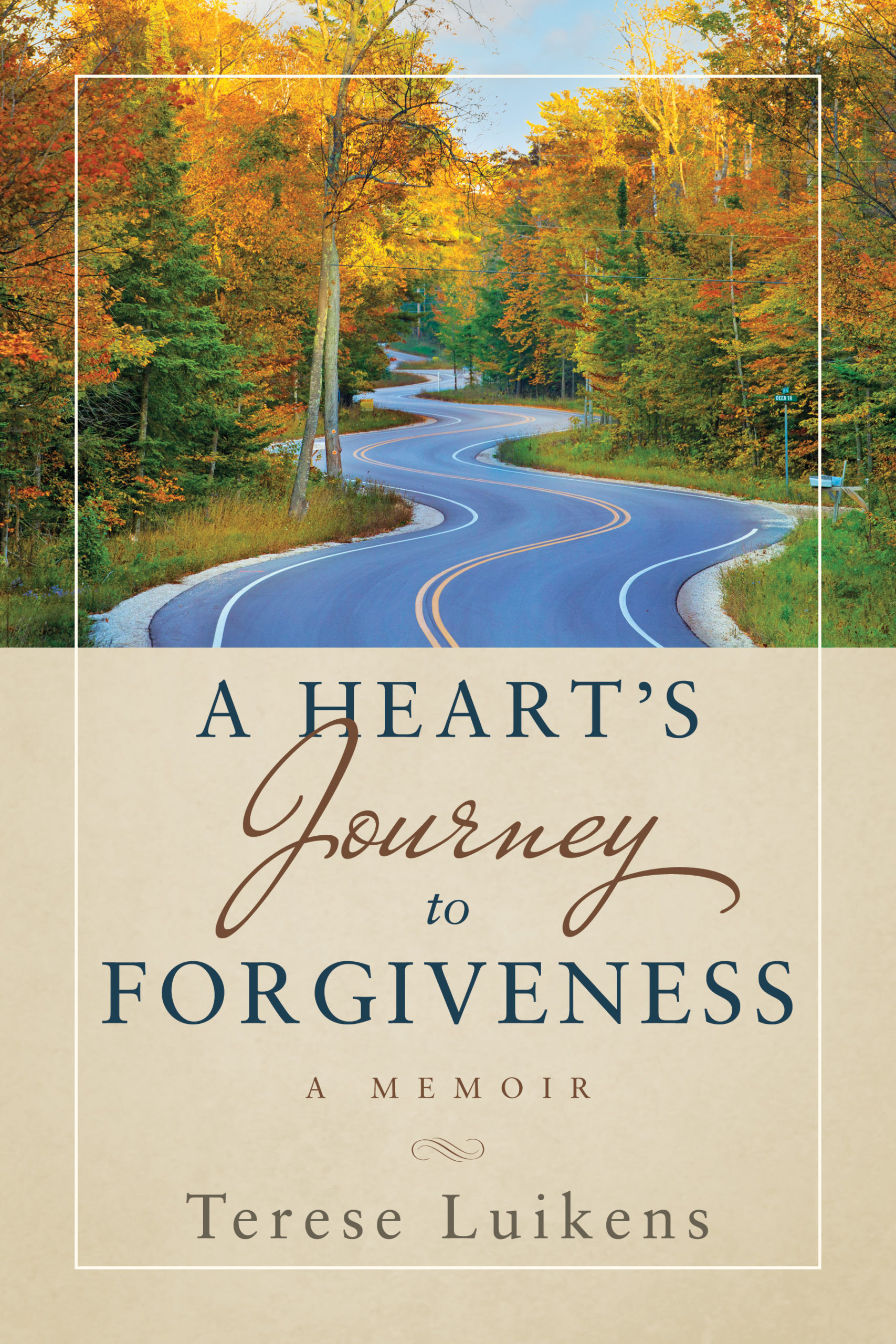
Why Bother Remembering Someone’s Death?
Whenever I walk through cemeteries, I always note the person’s birth date as well as their date of death. I like to know how long a person lived. Then, I wonder, especially about the short lived lives, how exactly they died. For me, a person’s death is very much a part of their life’s story.
The Full Story
A family’s history includes both the births and deaths of its members. I remember the story that surrounded one of my cousins who died as a two-year-old toddler. She and her family were visiting our grandparents. Grandma had left an open can of turpentine on the back porch. My little cousin, Nancy, somehow wandered off alone, found the can of poison and ingested enough to kill her.
Even though the event happened long before I was born, the story was still alive when I was old enough to hear it. Whenever I visited Grandma, she always drove us out to the cemetery where Nancy was buried alongside my grandfather, another person I’d never met.
Grandpa died before I was born too. I never heard any stories told concerning his death and not too many about his life either. He was the father of my father, and the husband of my grandmother, but without any narrative about his life or his death, my memory of him is a blank page.
The first funeral I attended was the funeral of my mother’s father. He’d been around long enough for me to get to know. Unlike my grandma, he didn’t seem to enjoy any of the grandchildren. He liked reading the newspaper, washing his car, tinkering in the garage and smoking cigars. He was sick for quite some time before he died of emphysema.
Two of his sisters were Catholic nuns. I remember how they shamed me when I refused to go up to the open casket and kiss my grandfather. I’d never kissed him when he was alive and I was darn sure not going to kiss him when he was dead.
Though my grandfather may have not been fond of me, I still have memories about him because there are stories associated with his life and his death.
When my dad ended his life by suicide, I’d had had some experience with death and its finality, but had never known anyone who had ended their life on purpose. I suppose the worst part about his death was not only that he was dead, but that he’d taken his own life. Still, to this day the action he took against himself is incomprehensible.
Judas Iscariot’s story of suicide is more understandable to me than my father’s.
Judas was one of the twelve disciples. For thirty pieces of silver, or about $600, he led religious authorities to Jesus. The authorities proceeded to arrest Jesus, try him with bogus charges and condemn him to death.
As the story goes, Judas regretted his actions, gave the money back and went out and hung himself. I can understand regret
Though I am not sure regret is what led my father to his death, I do regret the action he took in finalizing his own demise. Yet, the mystery as to why he ended his life will always be a part of his story. No one will ever know for sure, this side of heaven, why he chose to end his life.
Why bother talking about someone’s death? Though death may be the end of someone’s life, the stories of their death adds to their life, which is worth remembering.
New Release
